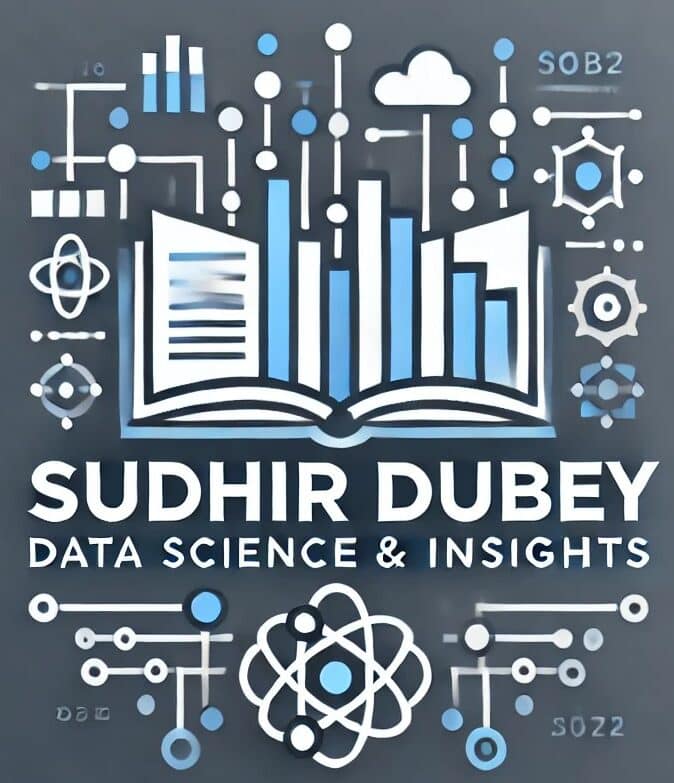AI in the Supply Chain: 2025’s Advanced Forecasting Techniques
Advanced Applications of AI in Supply Chain
AI’s role in the supply chain extends beyond basic automation. By utilizing AI, companies can predict demand more accurately, optimize inventory management, and improve supplier relationships. Machine learning algorithms analyze historical data to predict future trends, mitigating risks associated with supply chain disruptions. Predictive analytics powered by AI is providing a new level of precision in demand forecasting.
Platforms like IBM’s Watson Supply Chain are exemplars in this field, offering AI-driven insights that help mitigate risks and promote agility. For businesses, employing such solutions reduces costs and enhances customer satisfaction by maintaining optimal inventory levels.
AI Frameworks in Logistics
AI frameworks are foundational to integrating AI technologies into logistics. TensorFlow and PyTorch have become popular for developing sophisticated AI models that streamline supply chains. These frameworks facilitate deep learning applications, such as natural language processing for automated customer support and advanced image recognition for quality control.
Meanwhile, AI-driven robotics, powered by these frameworks, automate warehouse operations, reducing human error and increasing productivity. For instance, autonomous guided vehicles (AGVs) utilize AI for efficient transportation of goods within warehouses.
Real-World Case Studies
A case study of Amazon demonstrates AI’s potential in the supply chain. Amazon employs AI for demand forecasting and dynamic pricing, ensuring they meet customer demand promptly without overstocking. The company’s AI algorithms also optimize its delivery routes, saving fuel and time.
An external example is DHL, which has integrated AI-powered predictive analytics to enhance operational efficiency. DHL’s deployment of AI has reduced errors in demand forecasting, minimized delivery routes, and improved overall client satisfaction.
Emerging Trends
The future of AI in logistics is promising, with emerging trends such as AI-driven supply chain as a service (SCaaS) and increased adoption of Internet of Things (IoT) devices. SCaaS represents a shift towards more agile, on-demand supply chain solutions, leveraging AI to streamline processes.
Furthermore, the integration of AI with blockchain offers enhanced transparency and security in the supply chain. As companies continue to invest in these technologies, the supply chain landscape will become increasingly interconnected and automated.
FAQ
What are the benefits of AI in supply chain forecasting?
AI enhances accuracy in demand forecasting, optimizes inventory management, and reduces operational costs.
How do AI frameworks support logistics operations?
Frameworks like TensorFlow provide tools for developing models that enhance logistics through automation and predictive analytics.
What is Supply Chain as a Service (SCaaS)?
SCaaS leverages cloud-based AI solutions to offer agile, real-time supply chain management services.
How does AI contribute to risk management in supply chains?
AI identifies potential disruptions by analyzing historical and real-time data, allowing companies to mitigate risks proactively.
Conclusion
The integration of AI in the supply chain promises a future of unprecedented efficiency and adaptability. As businesses navigate the complexities of modern logistics, AI provides powerful tools for enhancing operational accuracy and customer satisfaction. Moving forward, embracing AI innovations will be crucial for companies aiming to lead in the competitive landscape of supply chains.
For continuous updates on AI in logistics, subscribe to our newsletter and follow our in-depth articles on artificial intelligence and data science.


